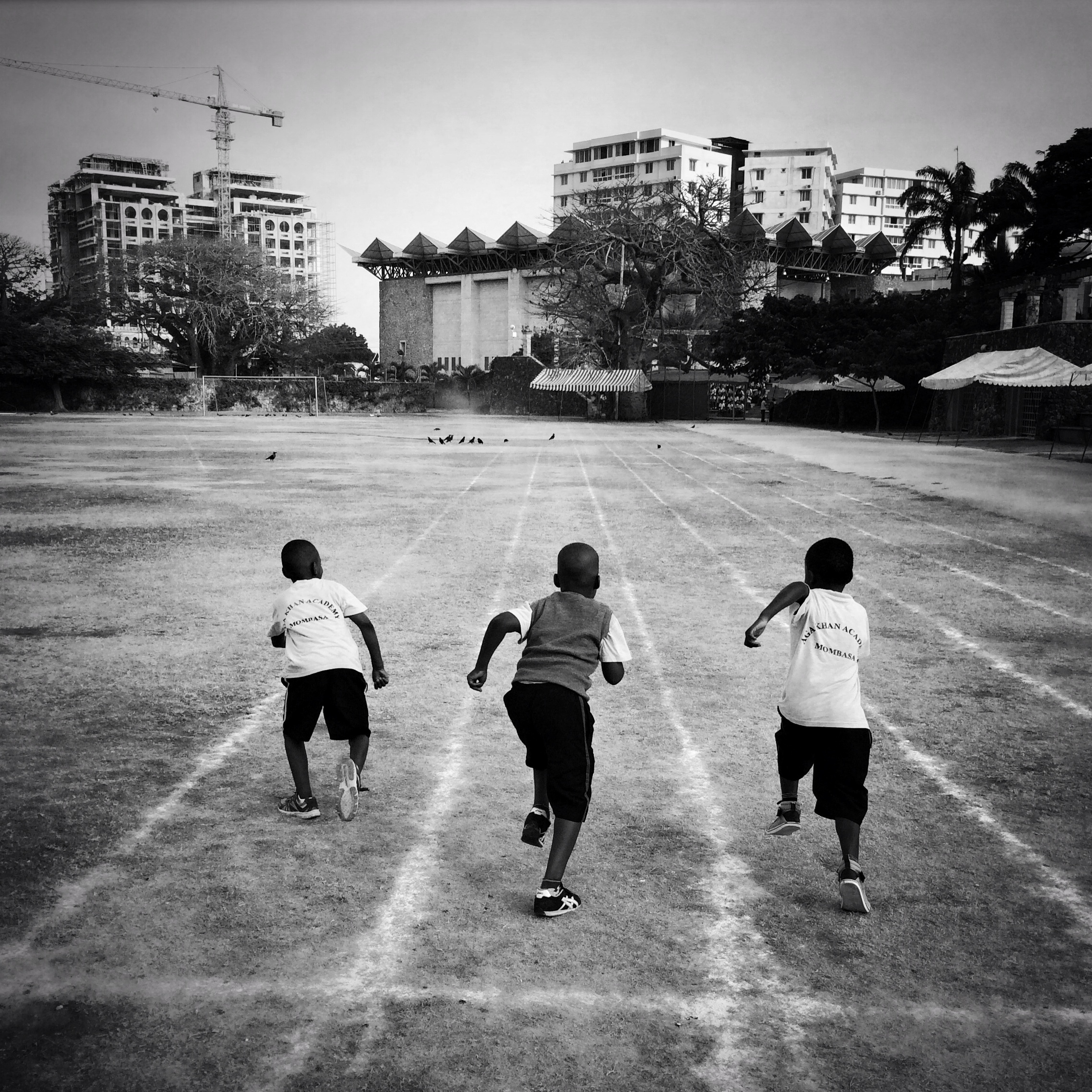
World Press Photo is teaming up with popular social media movement Everyday Africa to launch a new database of news photojournalists from Africa.
“One of our priorities in the years ahead is to recognize the contribution of local photographers and increase diversity in the global community of visual journalists,” says World Press Photo Foundation managing director Lars Boering. “We know there is great work produced in Africa, but we don’t know enough about who is doing it and where they are doing it.”
The African Photojournalism Database will profile photographers reporting on cultural, social, political, economic and environmental issues in Africa — everything from Rugby match recaps to public health coverage to nature features. The database will eventually be made public, displaying the contact information and professional details of what they hope will be thousands of photographers.
In collaboration with Everyday Africa, an international social media movement launched in 2012 on Tumblr and Instagram, the project is part of a larger effort to fill in the gaps of news reporting that fail to shed light on everyday life in Africa.
“We’ve asked several thousands of Middle School and High School students in the U.S. what word first comes to mind when they hear Africa,” Everyday Africa and Everyday Everywhere co-founder Peter DiCampo tells TIME. “They say ‘poverty,’ ‘conflict,’ ‘disease,’ the word ‘Ebola’ is thrown out, followed by the word ‘AIDS’. Then they go into what I call the Lion King category and start listing animals. That is generally all we think about when we think of Africa and that can change.”
The project was first conceived after a conversation between DiCampo and World Press Photo’s David Campbell.
Everyday Life Around the World as Told Through Instagram

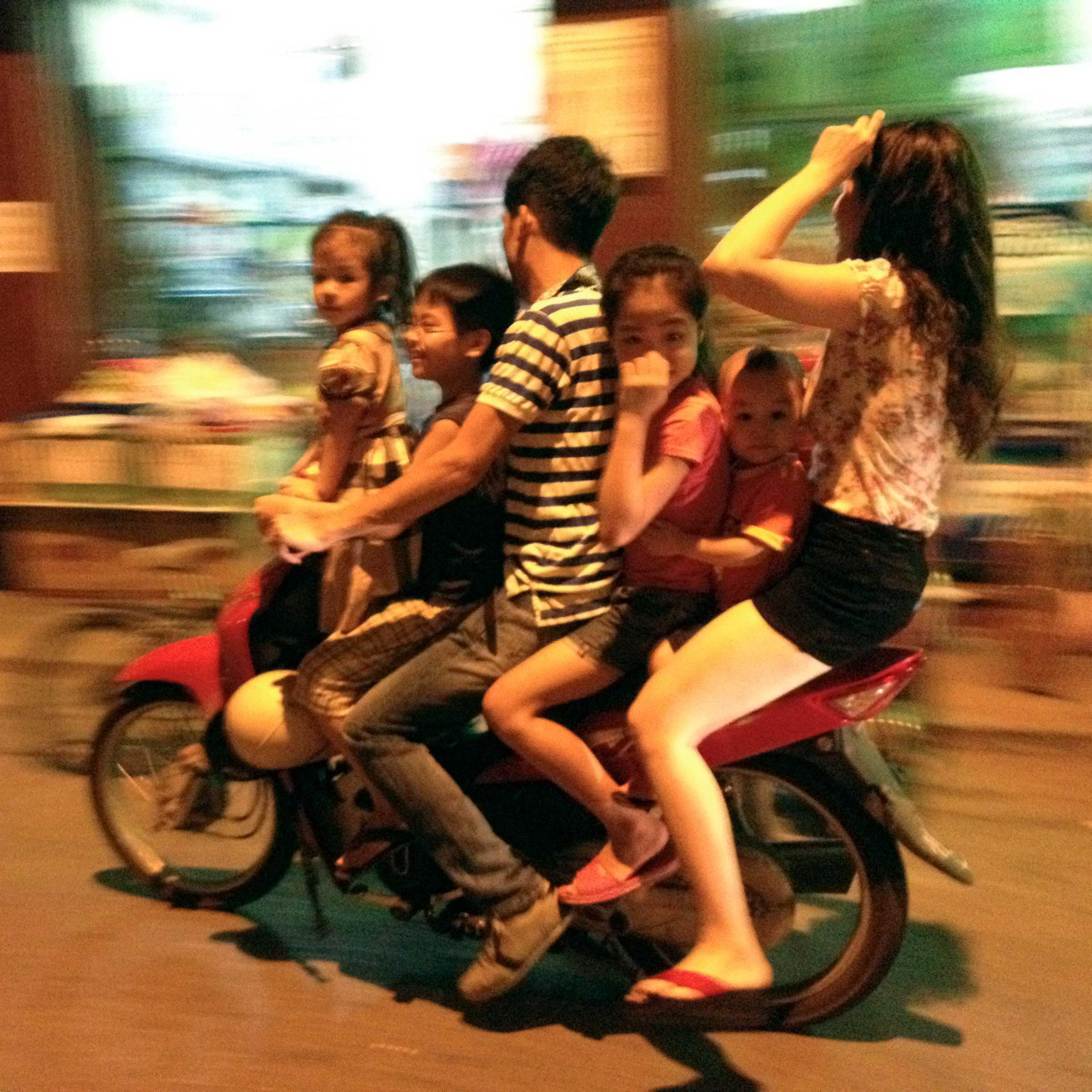

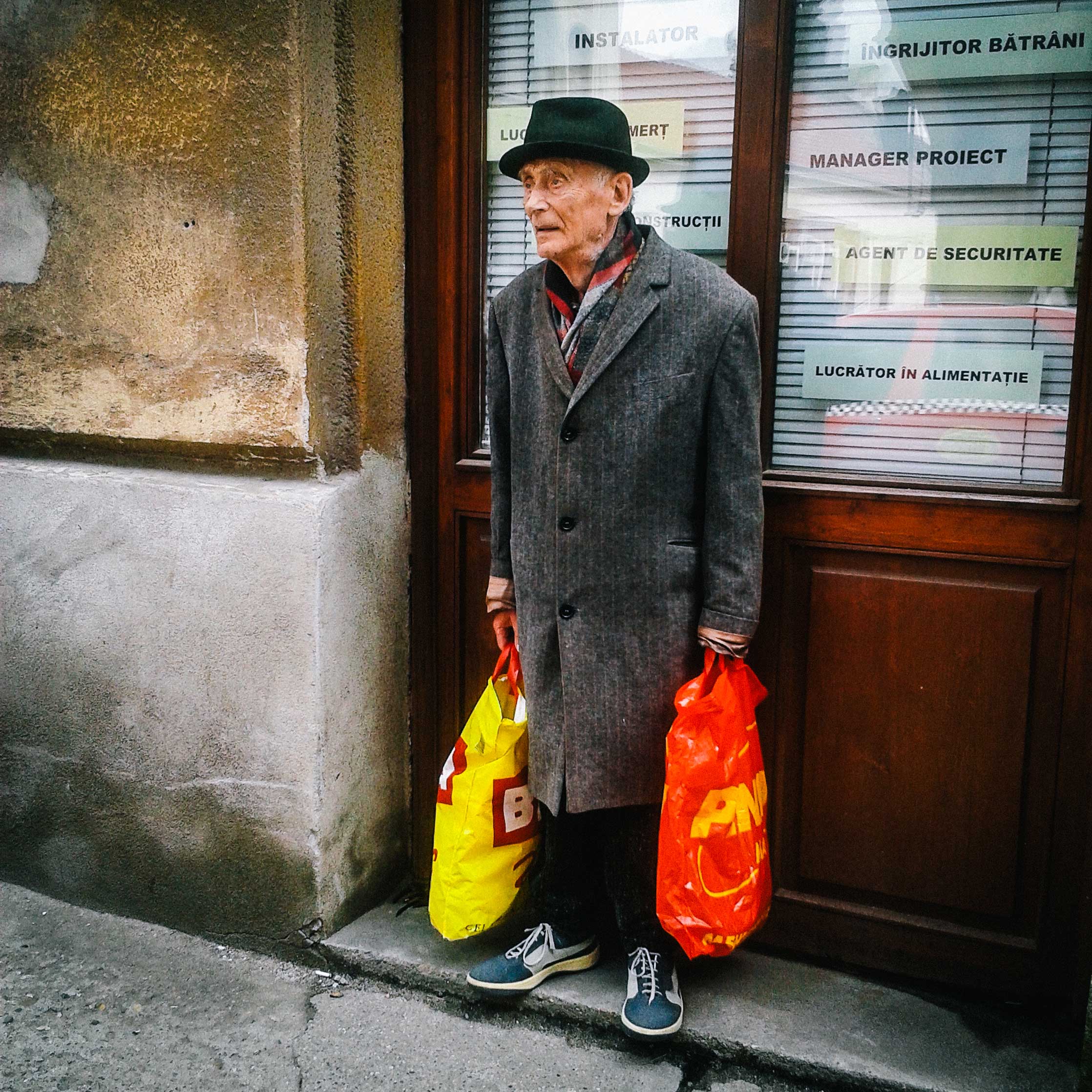
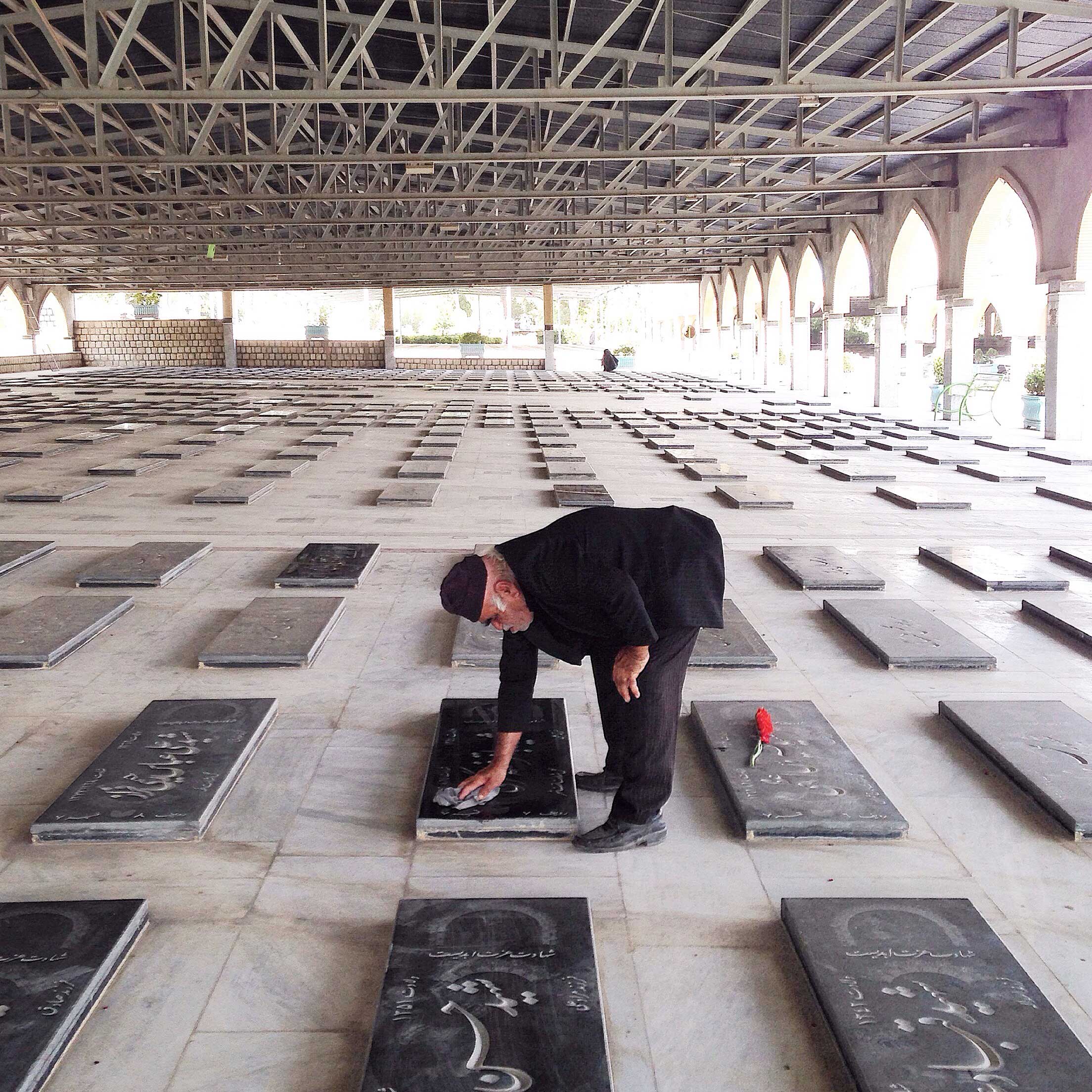
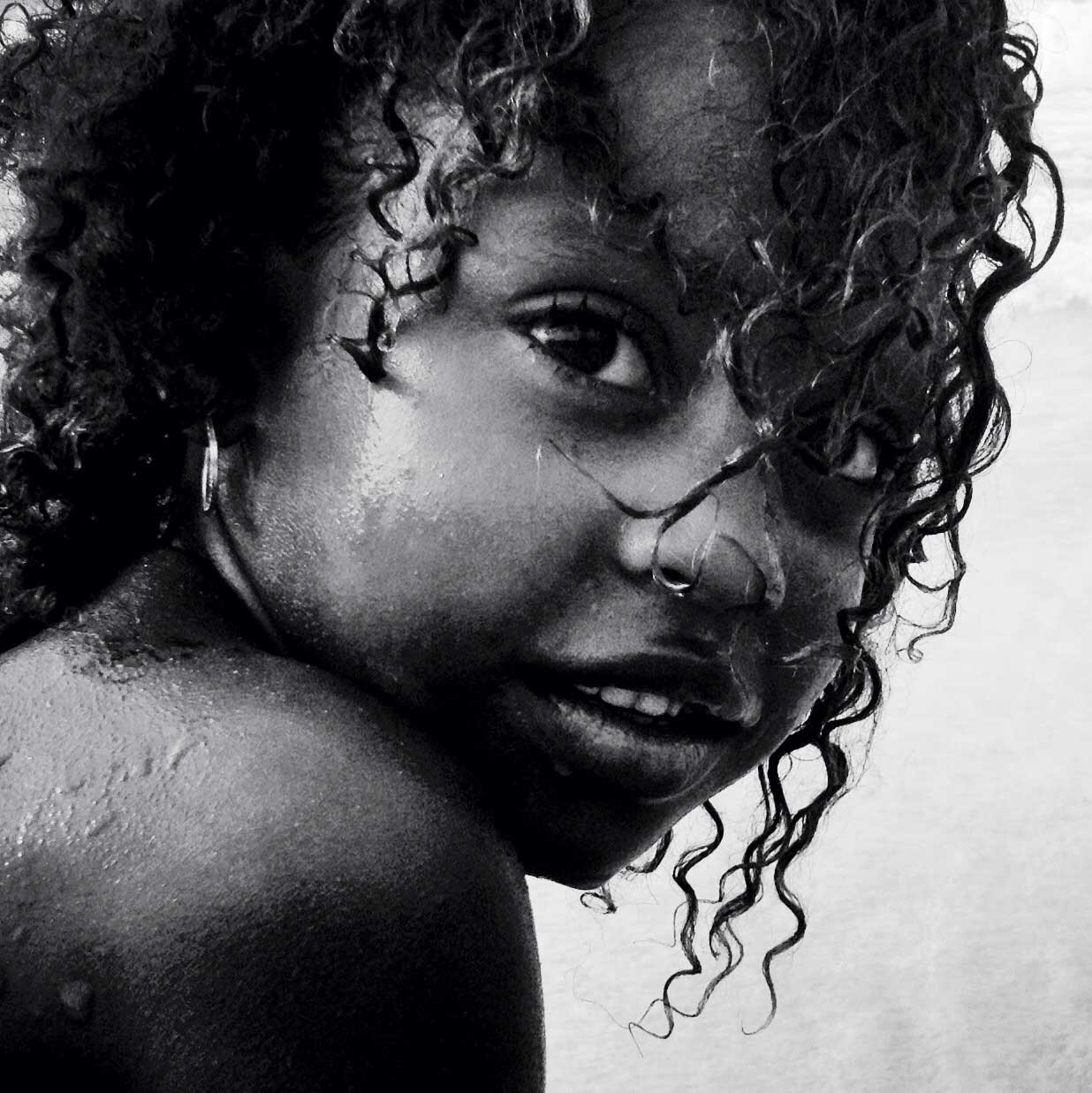
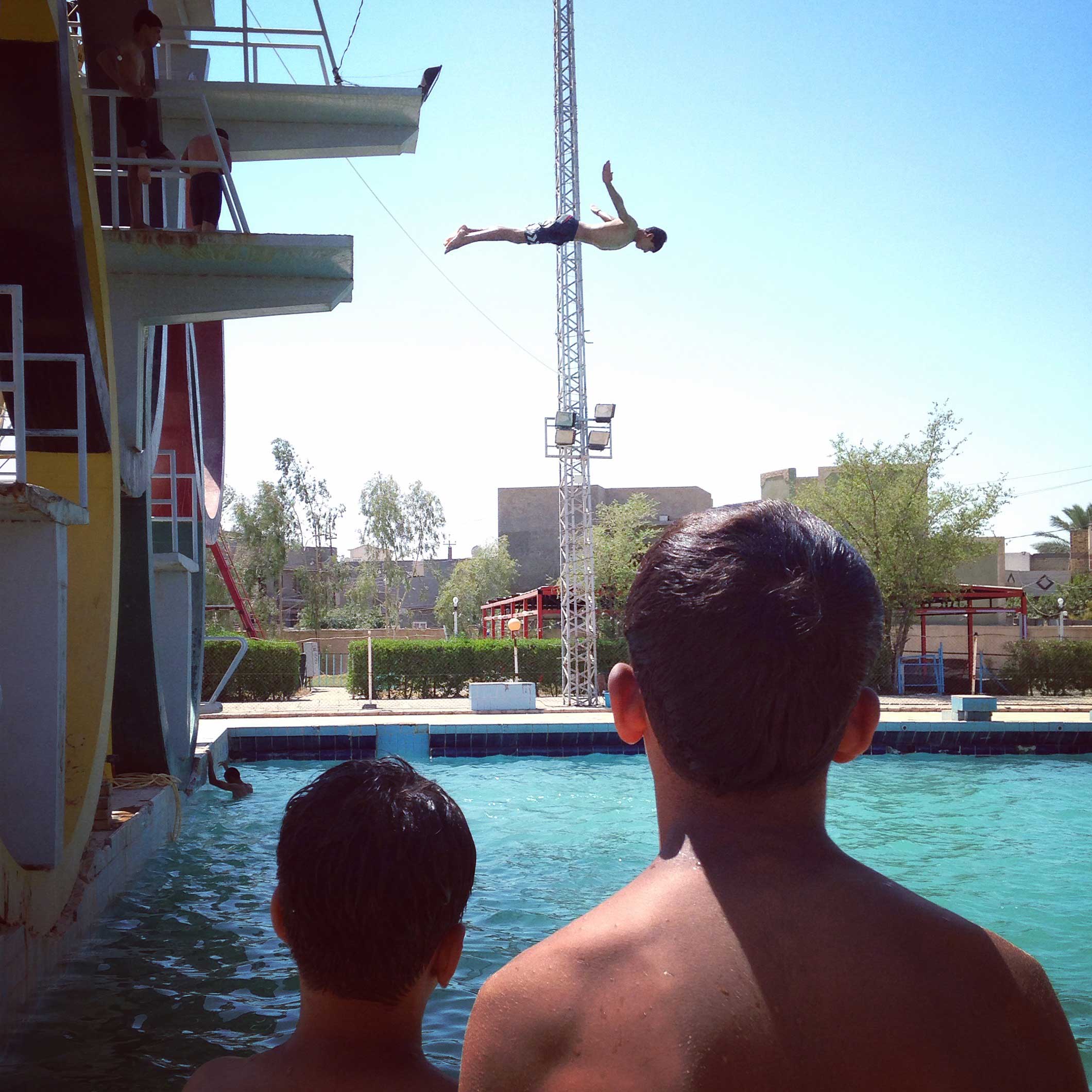
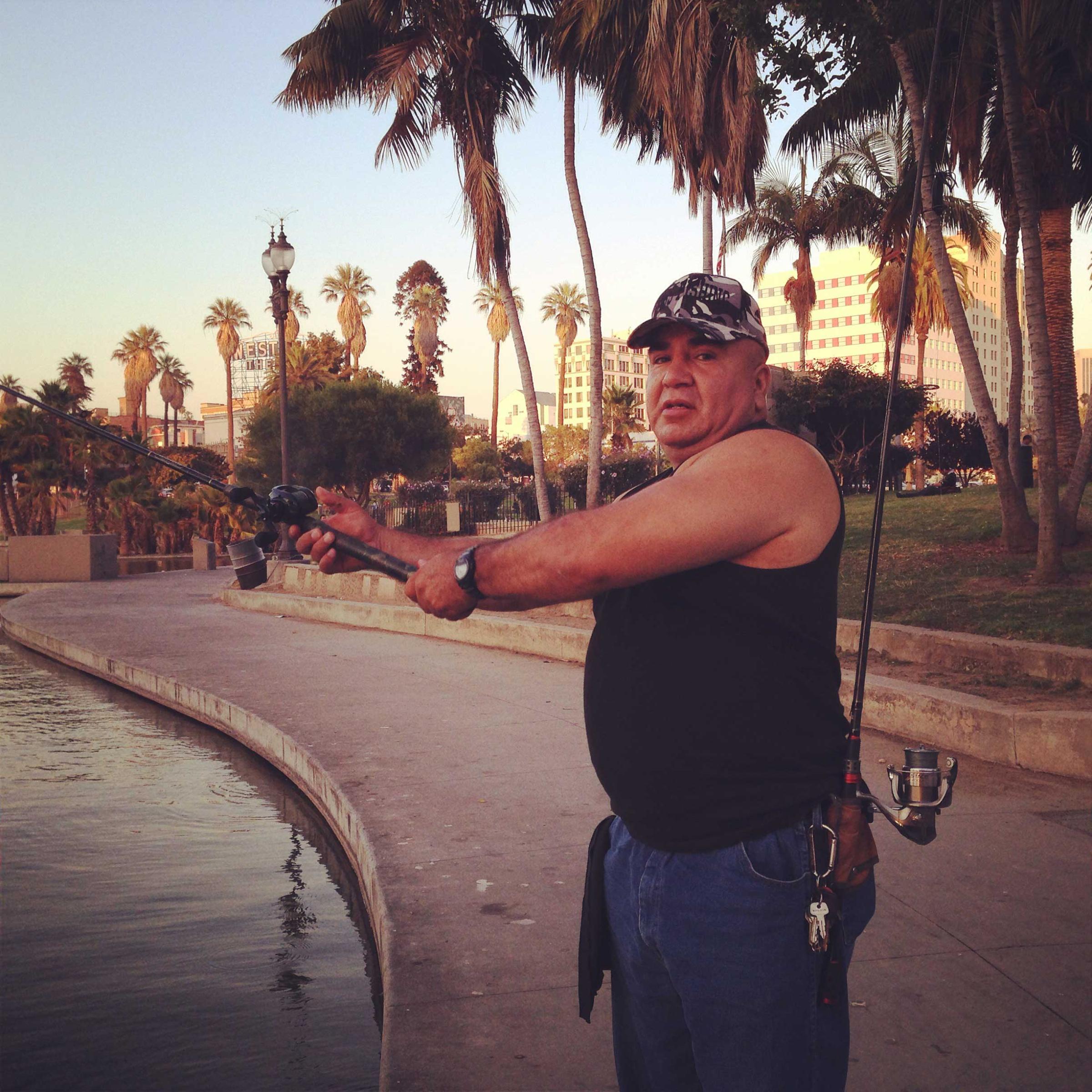
Beyond connecting photographers with one another and with the broader media community, the database will also help various organizations better understand the issues that African photojournalists are covering or seek to pursue. “One of our priorities in the years ahead is to recognize the contribution of local photographers and increase diversity in the global community of visual journalists,” Boering says. “We are excited to discover what creative visual reporting is out there that we don’t even know about yet.”
To register with the African Photojournalism Database, go to apjd.org.
Rachel Lowry is a writer and contributor for TIME LightBox. Follow her on Twitter and Instagram @rachelllowry.
More Must-Reads From TIME
- Dua Lipa Manifested All of This
- Exclusive: Google Workers Revolt Over $1.2 Billion Contract With Israel
- Stop Looking for Your Forever Home
- The Sympathizer Counters 50 Years of Hollywood Vietnam War Narratives
- The Bliss of Seeing the Eclipse From Cleveland
- Hormonal Birth Control Doesn’t Deserve Its Bad Reputation
- The Best TV Shows to Watch on Peacock
- Want Weekly Recs on What to Watch, Read, and More? Sign Up for Worth Your Time
Contact us at letters@time.com